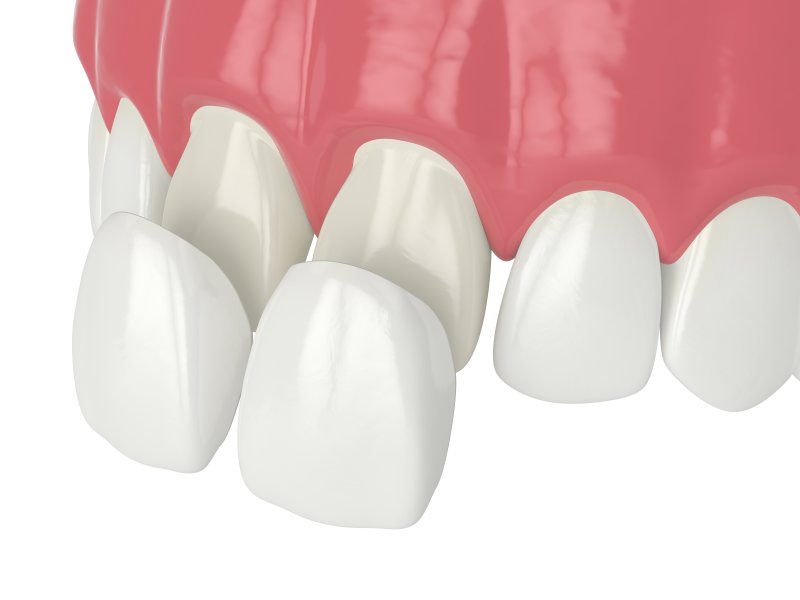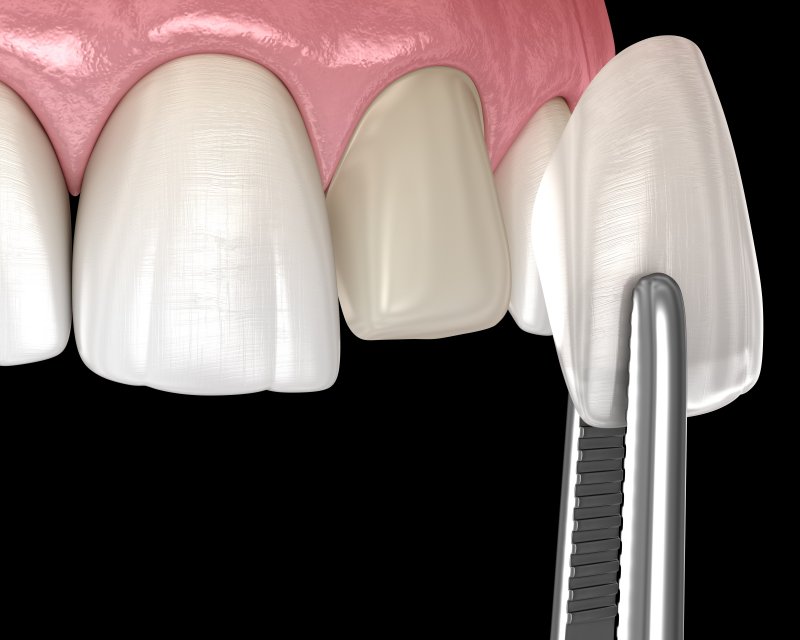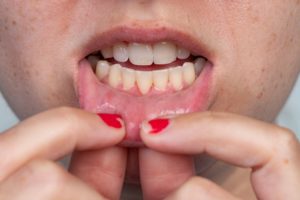
Invisalign is often recommended as a simpler, more convenient alternative to braces. There are no metal brackets and wires to worry about, the aligners don’t get in the way of meals or oral hygiene, and the entire treatment is much less noticeable compared to traditional orthodontic treatments. However, you can still expect a few lifestyle changes during the treatment period, and knowing what to expect can help you make the necessary adjustments. Here are 5 examples of what to know before getting Invisalign.
(more…)





 Invisalign treatment is certainly convenient for people who don’t want to worry about metal brackets and wires while they’re eating or brushing their teeth; you can simply remove the aligners so that they don’t get in the way. However, it’s important to stick to a routine when using Invisalign. If the aligners are used improperly, or if you fail to take certain precautions, you could end up making the treatment take longer than it really should. Keep your Invisalign do’s and don’ts in mind at all times to stay on the right track towards a better smile. Here are 3 mistakes that you need to avoid at all costs!
Invisalign treatment is certainly convenient for people who don’t want to worry about metal brackets and wires while they’re eating or brushing their teeth; you can simply remove the aligners so that they don’t get in the way. However, it’s important to stick to a routine when using Invisalign. If the aligners are used improperly, or if you fail to take certain precautions, you could end up making the treatment take longer than it really should. Keep your Invisalign do’s and don’ts in mind at all times to stay on the right track towards a better smile. Here are 3 mistakes that you need to avoid at all costs! When you’re told that you have gum disease in Belmont, your immediate concern is likely to be the safety of your smile. This is definitely a valid worry; after all, gum disease is the leading cause of tooth loss in adults! However, recent research indicates that the inflammation associated with gum disease could also be linked to a number of other health problems throughout your body. Read on to learn more about some of these conditions – and why treating your gum disease could potentially be a life-saving decision.
When you’re told that you have gum disease in Belmont, your immediate concern is likely to be the safety of your smile. This is definitely a valid worry; after all, gum disease is the leading cause of tooth loss in adults! However, recent research indicates that the inflammation associated with gum disease could also be linked to a number of other health problems throughout your body. Read on to learn more about some of these conditions – and why treating your gum disease could potentially be a life-saving decision. Getting ready for cold and flu season generally means making sure you’ve had the necessary shots and have plenty of tissues and hand sanitizer on standby. These basic steps go a long way towards helping you avoid germs and viruses as much as possible. But if you’re currently in the middle of using Invisalign in Boston, you’ll have a few unique concerns to deal with. Removing your trays for meals and regular cleanings can create additional risks that you need to be aware of. The following 3 tips can help you protect yourself from the cold and flu while also taking care of your Invisalign aligner.
Getting ready for cold and flu season generally means making sure you’ve had the necessary shots and have plenty of tissues and hand sanitizer on standby. These basic steps go a long way towards helping you avoid germs and viruses as much as possible. But if you’re currently in the middle of using Invisalign in Boston, you’ll have a few unique concerns to deal with. Removing your trays for meals and regular cleanings can create additional risks that you need to be aware of. The following 3 tips can help you protect yourself from the cold and flu while also taking care of your Invisalign aligner.
 Maybe there wasn’t enough bone in your jaw. Maybe diabetes or another medical condition stopped your mouth from healing correctly. Or maybe you developed gum disease as a result of not brushing as well as you should have. There are plenty of reasons why your dental implants might fail, and such complications could occur shortly after the surgery or many years down the line. Regardless of the when or why, though, dental implant failure should always be considered a highly serious threat to your oral health; after all, if you lose your new teeth, you’ll once again have a gap in your smile that will prevent you from chewing and speaking properly. If you want to keep your dental implants in Belmont safe, keep reading to learn more about the causes and signs of failure – as well as how to avoid it!
Maybe there wasn’t enough bone in your jaw. Maybe diabetes or another medical condition stopped your mouth from healing correctly. Or maybe you developed gum disease as a result of not brushing as well as you should have. There are plenty of reasons why your dental implants might fail, and such complications could occur shortly after the surgery or many years down the line. Regardless of the when or why, though, dental implant failure should always be considered a highly serious threat to your oral health; after all, if you lose your new teeth, you’ll once again have a gap in your smile that will prevent you from chewing and speaking properly. If you want to keep your dental implants in Belmont safe, keep reading to learn more about the causes and signs of failure – as well as how to avoid it!